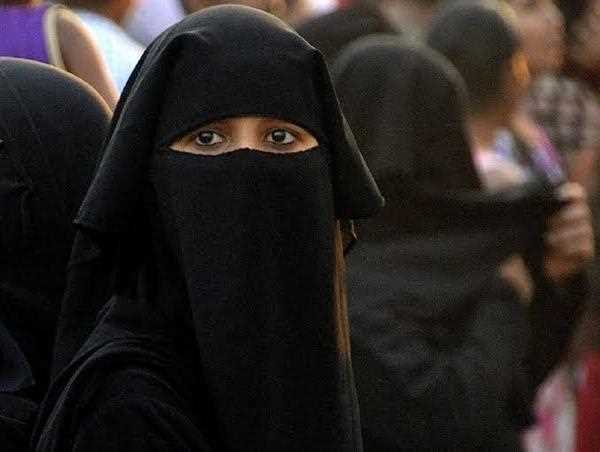The question of whether or not the burqa should be banned in India is a complex and controversial topic that elicits diverse opinions. It is essential to approach this issue with sensitivity, respect for cultural diversity, and a consideration of human rights principles. While there are arguments both for and against a ban on the burqa, it is crucial to provide a balanced perspective. Here are some points that have been raised in support of a ban:

- Security concerns: One argument put forth by proponents of a burqa ban is the potential security risks associated with concealing one's identity. In certain situations, such as airports or government buildings, the ability to verify a person's identity and ensure public safety may be compromised when one's face is completely covered.
- Gender equality: Critics argue that the burqa symbolizes and perpetuates gender inequality. They argue that the burqa can be a tool of oppression, restricting women's freedom and agency. Banning the burqa is seen as a step towards promoting gender equality and women's empowerment.
- Integration and social cohesion: Some proponents of a ban argue that the burqa can hinder social integration and cohesion. They claim that it creates a visual barrier between individuals and can impede communication and social interaction. A ban on the burqa is viewed as a means to foster a more inclusive and cohesive society.
- Secularism and state neutrality: India, as a secular country, upholds the principle of state neutrality and religious freedom. However, some argue that the burqa challenges the notion of secularism by symbolizing a strict adherence to religious practices in public spaces. A ban on the burqa is presented as a means to uphold the principle of state neutrality.
It is important to note that opposing viewpoints exist as well. Many argue that a ban on the burqa infringes upon personal freedom, individual choice, and religious expression. They argue that women should have the right to dress according to their beliefs and that a ban would amount to discrimination against a particular religious group.